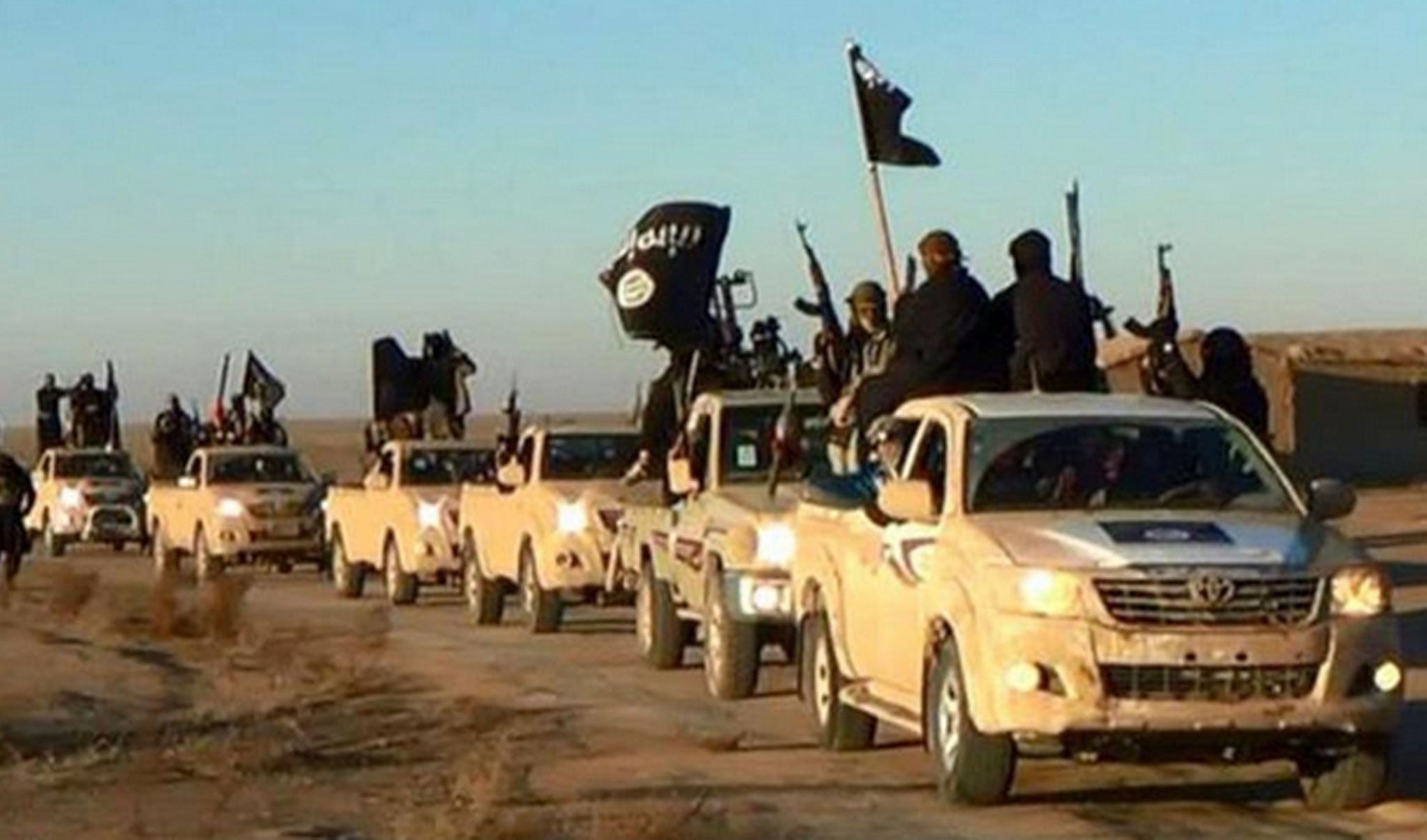Female terrorists play a far bigger role in Isis than previously thought, research reveals
Although men are more likely to be members of Isis, women exert greater influence due to forming more effective links with other terrorists, the research found

Female terrorists are far more involved in Isis than has previously been thought and often escape detection as they play crucial but less visible ‘behind the scenes’ roles, new research has claimed.
Despite the figures most commonly associated with the terror organisation being male, thousands of women are the ‘glue holding the organisation together’, researchers at the University of Miami have found. The study ‘Women’s Connectivity in Extreme Networks’ has been published in the journal Science Advances and involved researchers analysing data from 40,000 suspected terrorists.
Using a software system, the team identified 24,883 men and 16,931 women whose online behaviour indicated they played a role in Isis. They monitored the Russian social media site Vkontakte which is less strict on removing contested social media use than other social media sites such as Facebook.
Analysis found that although men dominated the groups numerically, women have the most effective communications and link segments of the groups to increase cohesion.
Study author Pedro Manrique said: “A crucial measure in covert networks is related to the capacity of a node (e.g. actor) to serve as a bridge for communications, a flow of resources or ideas, and brokerage.
"This quantity is called betweenness centrality. An actor with high betweenness centrality is critical to keep the channels of communication active and efficient, and its removal could cause a higher cost and potential risk, to the extent of the disruption of the network.”
Official figures released by the Government have found a record number of suspected female terrorists were arrested in the UK last year.
